Man who made music walk
Man who made music walk
BusinessToday.In
- Jan 24, 2018,
- Updated Feb 20, 2018 9:50 AM IST
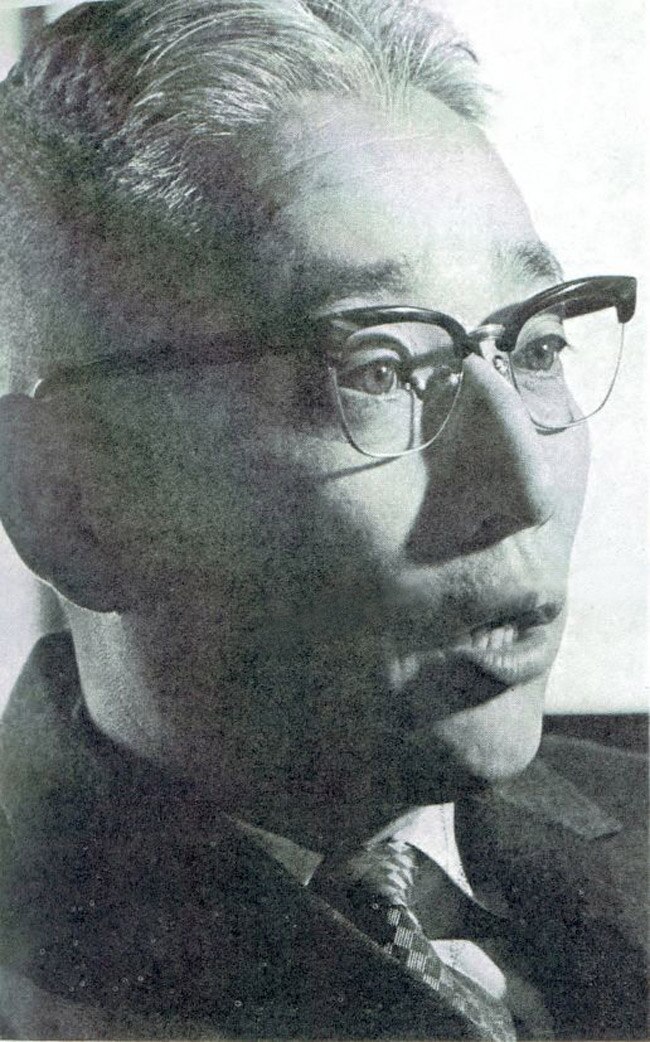
- 1/6
Had Akio Morita, Sony's co-founder been alive today, to celebrate his 97th birthday on January 26, he would have scarcely recognised the company he helped build into a technological powerhouse. From a $100 billion plus worth company in 2000, soon after Morita passed away, Sony is today a pale shadow of itself, worth just $62 billion. Morita's worth however, transcends beyond his company's."It may sound curious, but I learned that an enemy of innovation can be your own sales organisation, if it has too much power, because very often these organisations discourage innovation."
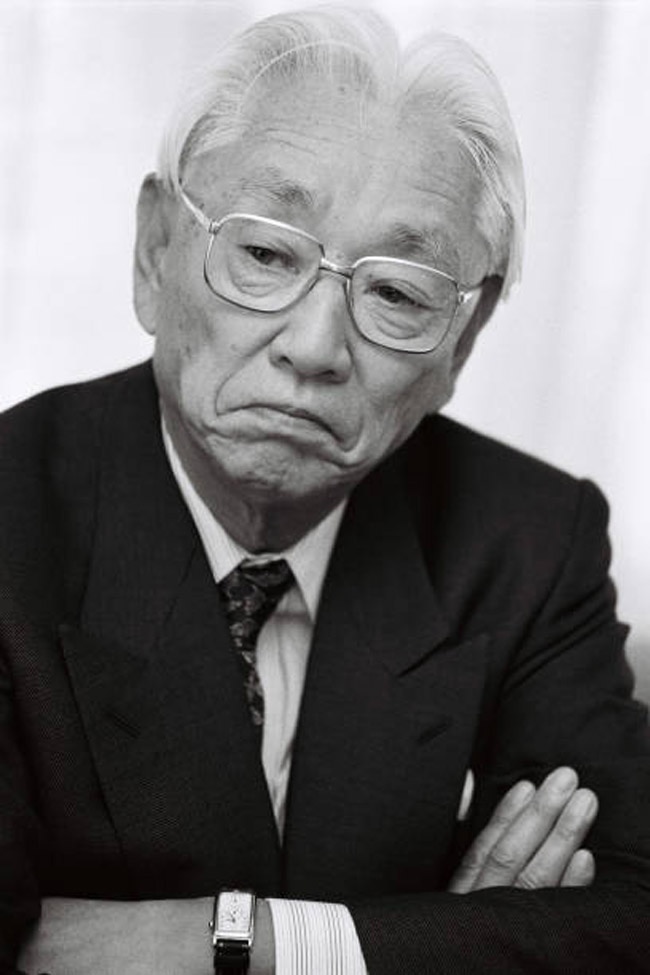
- 2/6
Morita, the eldest of four siblings, hailed from a wealthy brewer's family and served in the Japanese Navy during World War 2, where he met Masaru Ibuka, who would later become his co-founder at Sony."If it were possible to establish conditions where persons could be united with a firm spirit of teamwork and exercise to their hearts' desire their technology capacity, then such an organization could bring untold pleasure and untold benefits" - Morita, on Ibuka's philosophy about Sony.
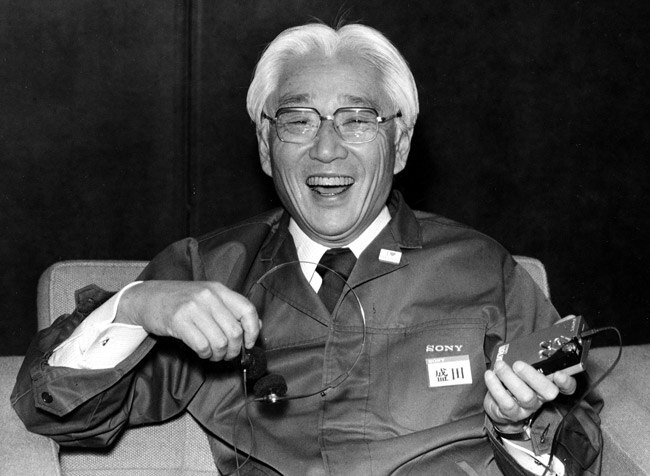
- 3/6
Morita may have had some fun with his innovative sales skills - like ordering Sony sales persons to wear shirts with large pockets so that the company's radio could fit in and hence be called a pocket-sized radio - but at work he expected complete seriousness."A company is not a place of fun, and I don't want people to make this basic mistake. People come to a company to work. Through work they make money and with this I want them to live happily outside of the company. It's not necessary for the company to be like an amusement park."
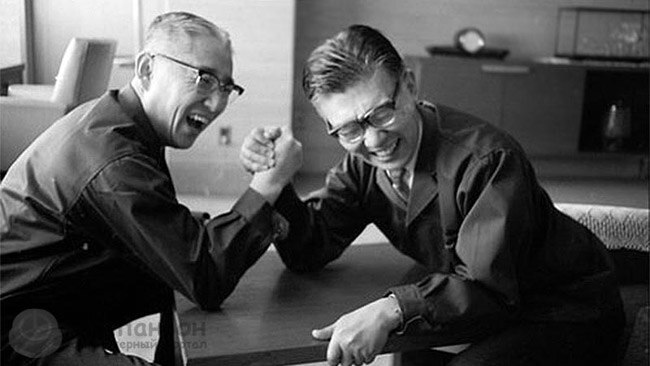
- 4/6
It was Ibuka who started Sony, as Tokyo Tsushin Kogyo Kabushiki Kaisha, with Morita not only joining him soon after but also becoming its largest shareholder. The duo are said to have complemented each other's skills - Ibuka's technological prowess matched by Morita's marketing brilliance."I believe one of the reasons we went through such a remarkable growth period was that we had this atmosphere of free discussion. We have never tried to stifle it.
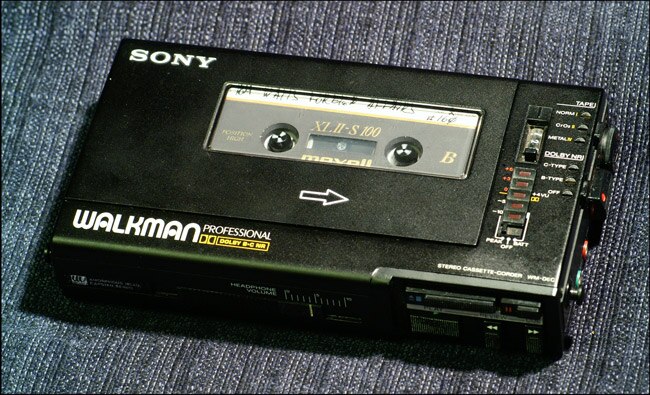
- 5/6
Perhaps Morita's greatest legacy is the Walkman, which owes much of its success to him. Launched in July 1979, it went on to sell more than 400 million units. Expected to sell 5,000 units a month, the Walkman notched up sales of 50,000 units in the first two months - perhaps one of the few things Morita got wrong in his life."Mistakes and miscalculations are human and normal, and viewed in the long run they have not damaged the company. I do not mind taking responsibilty for every managerial decision I have made. Just don't make the same mistake twice."
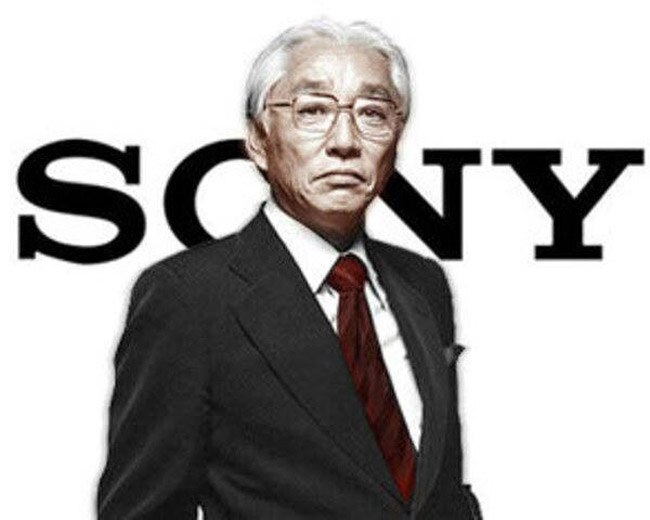
- 6/6
Morita also authored two books - Made In Japan, an autobiography, and Never Mind School Records, which debunked the link between academic or scholastic achievements and corporate success. He also co-authored a series of essays with a Japanese minister, The Japan That Can Say No, which caused controversy due to its criticism of the US government and industry."I have been saying to my government for years that we should be telling the United States that what is wrong with American industry is not Japan; it is an American problem. Even Lee Iacocca, CEO of Chrysler, has admitted that."
